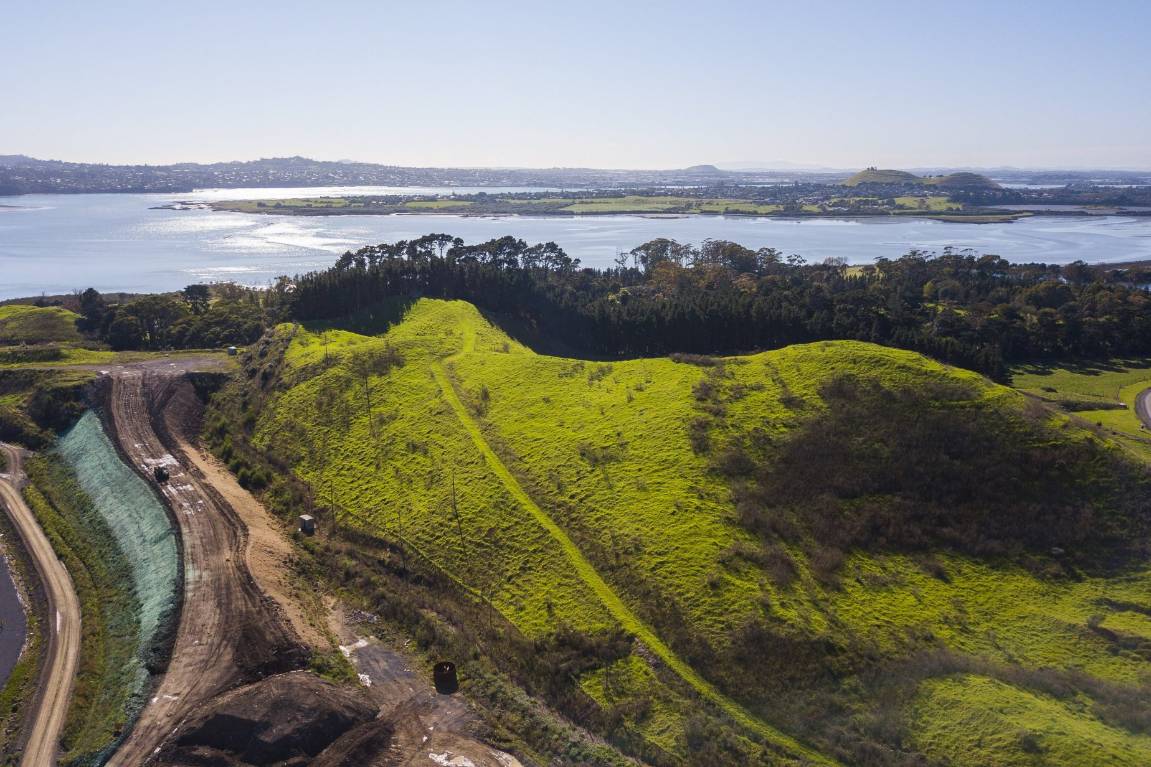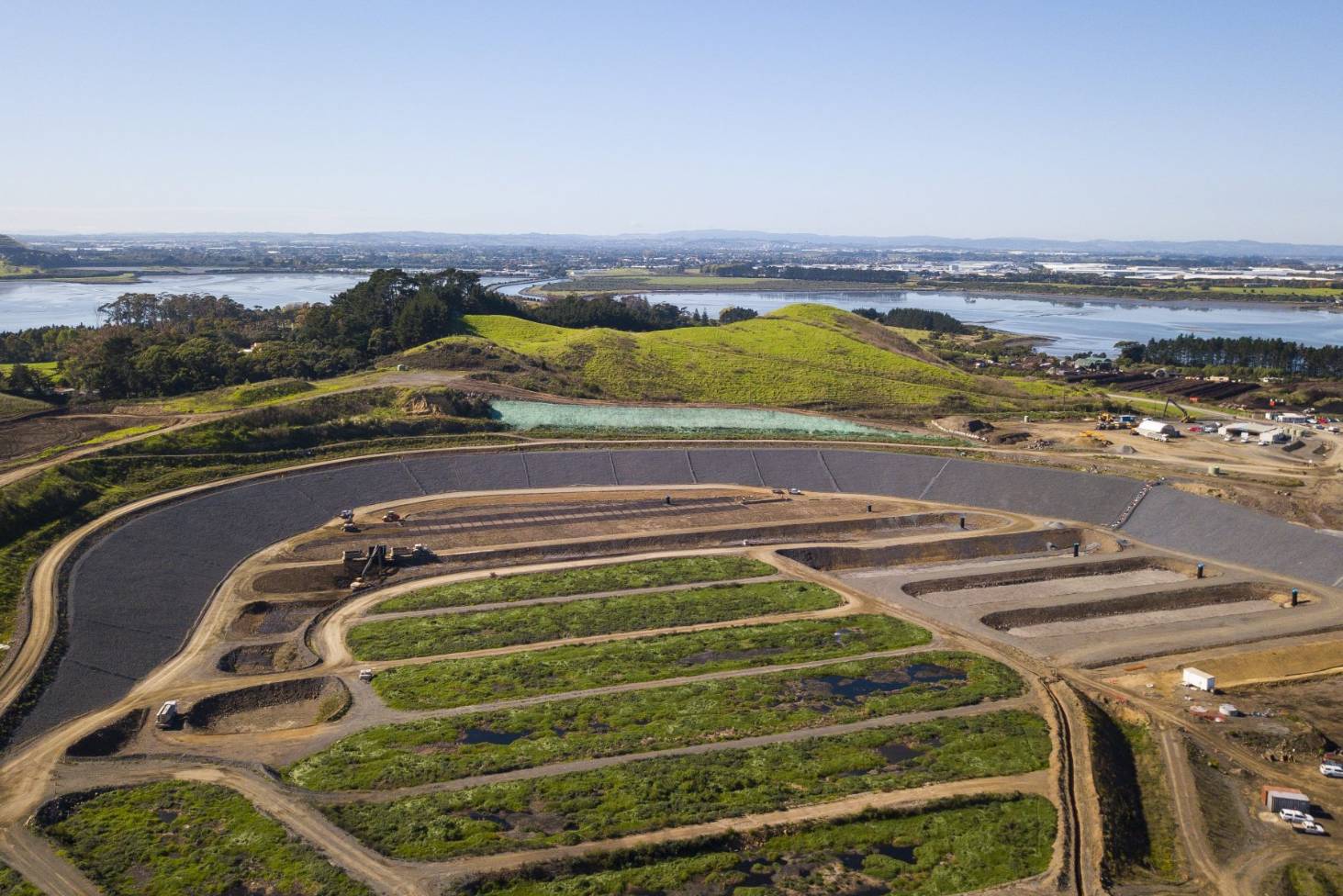World Earth Day: Puketutu Island, a landscape of strong cultural significance, will be Restored and Rehabilitated with the contribution of The Central Interceptor Project
22/04/2021 - 14:31
Today we celebrate Earth Day.
A healthy planet is not an option it’s a necessity. We all have an obligation to Restore Our Earth not just because we care about the environment, but because we live on it.
As tunnelers Ghella’s work focuses on the earth. We dig it, modify it and readapt it. The infrastructures we build aim to positively impact our planet with only one mission: building excellence in a sustainable and innovative way to leave a better world to next generations.
The $1.2b Central Interceptor Project, built for Watercare Services Limited by the Ghella Abergheldie JV, is the largest wastewater project in New Zealand’s history and it will contribute to the world’s first rehabilitation and restoration of a Maori heritage landscape. Spoil from the Central Interceptor project sites will be transported to the Puketutu island for use in part of the program of works that aim to recontour and shape the islands lost volcanic cones and restore it to a state that more closely represents its history and cultural significance. Moreover, the spoil will also be used as daily cover, avoiding Watercare to purchase it from external sources, such as quarrying.
Te Motu a Hiaroa also known as the Puketutu Island is sacred to the people of Te Kawerau ā Maki, Te Waiohua and Waikato-Tainui. Historically the island had 5 volcanic cones 3 of which were extracted in the 1950s. 1 million cubic yards of scoria and basalt rock were removed to construct Auckland Airport's runway, leading to the disappearance of these volcanic cones.
Once complete, the island will become a public reserve and regional park for the people of Auckland to enjoy. Throughout the reserve, signage will tell the history of the island, seizing an opportunity to inform and educate the local community and visitors allowing both to interact with the islands cultural and natural heritage.
Reusing the spoil in Puketutu island will not only benefit the cultural landscape and it will also significantly reduce the distance that spoil haul trucks will have to travel, and as a result, the greenhouse gas emissions associated to the works, as Puketutu Island is less than 5 km from one of the 2 TBM drive sites for this project.
#RestoreOurEarth is bigger than one solution but every action counts. We must come together as a global community to make lasting changes.




